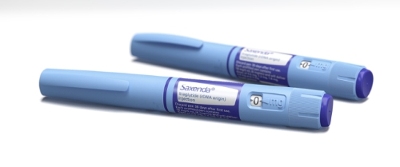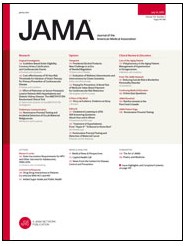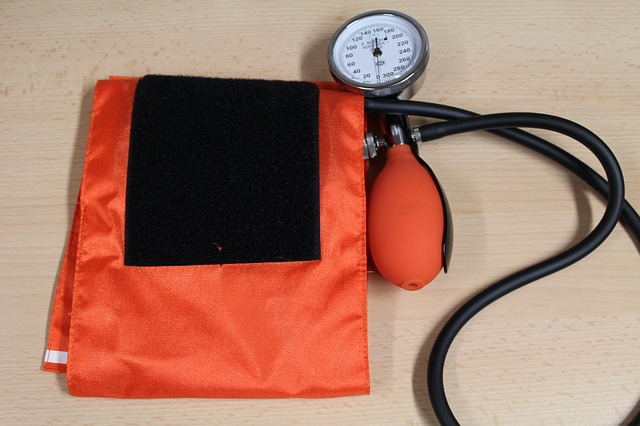May 2007 - For young patients with the kidney disease IgA nephropathy (IgAN), early treatment with angiotensin-converting enzyme (ACE) inhibitors can reduce the long-term risk of irreversible kidney damage, suggests a study in the June Journal of the American Society of Nephrology.
"These results in young patients are of particular interest because they could offer a way of limiting the future need for renal replacement therapy in patients with IgAN," comments Dr. Rosanna Coppo of Regina Margherita Hospital in Turin, Italy, lead author of the new study.
In the European cooperative study (supported by EU Community), 66 children and young adults with early-stage IgAN were randomly assigned to treatment with the ACE inhibitor benazepril or an inactive placebo. IgA nephropathy is caused by deposits of the protein IgA�an immune system antibody�within the filtering units of the kidney (glomeruli). The abnormal IgA deposits damage the glomeruli, leading to blood and protein in the urine. The disease can progress over time, eventually requiring dialysis or transplantation to replace lost kidney function.
Favorable effects have been reported using corticosteroids, which can reduce proteinuria and decline of renal function. However, there are concerns about using steroids at high doses or for prolonged periods, particularly in children and young subjects. The patients in the study all had relatively mild disease, with normal or near-normal kidney function and only mildly elevated levels of protein in the urine. "Our trial focused on a subset of patients with a sort of 'pure' IgAN, without the confounding effects of aging or environmental toxic exposures, including smoking and alcohol, and without severe high blood pressure," says Dr. Coppo.
After a median three years of treatment, the rate of decreased kidney function was just three percent for patients treated with the ACE inhibitor, compared to fifteen percent in the placebo group. The combined risk of decreased kidney function or rising level of protein in the urine was also lower in the ACE inhibitor group: three percent versus 26 percent.
Continue Reading Below ↓↓↓
Overall, the urine protein level remained stable and below the level considered harmful in about 40 percent of patients taking benazepril, compared to nine percent of the placebo group.
Recent studies have shown that ACE inhibitors are helpful for patients with various kidney diseases. Some studies have found ACE inhibitors beneficial in IgAN, but these have had important limitations. In fact, the researchers had difficulty recruiting patients into their study because of media reports suggesting that ACE inhibitors could be the solution for every form of kidney disease�"even though that was only partially true, and for IgAN was not supported by evidence-based studies," Dr. Coppo adds.
The finding that ACE inhibitors reduce the risk of progressive kidney disease in young patients with early-stage IgAN is particularly important, the researchers believe. Starting treatment early�when the disease is still mild�may reduce the number of patients who eventually develop progressive kidney disease requiring dialysis. Dr. Coppo concludes, "It is of interest that most of the patients with IgAN who enter dialysis are middle-aged, and since the disease takes decades to progress, it is likely that their disease started in childhood."
The study entitled, "IgACE: A Placed-Controlled Randomized Trial of ACE-Inhibitors (ACE-I) in Children and Young People with IgA Nephropathy and Moderate Proteinuria," will be available online at www.asn-online.org, Media, 2007, beginning on Wednesday, May 16, 2007 and in print in the June issue of the Journal of the American Society of Nephrology.
The American Society of Nephrology (ASN) is a not-for-profit organization of 9,500 physicians and scientists dedicated to the study of nephrology and committed to providing a forum for the promulgation of information regarding the latest research and clinical findings on kidney diseases.
Source: American Society of Nephrology (ASN)









